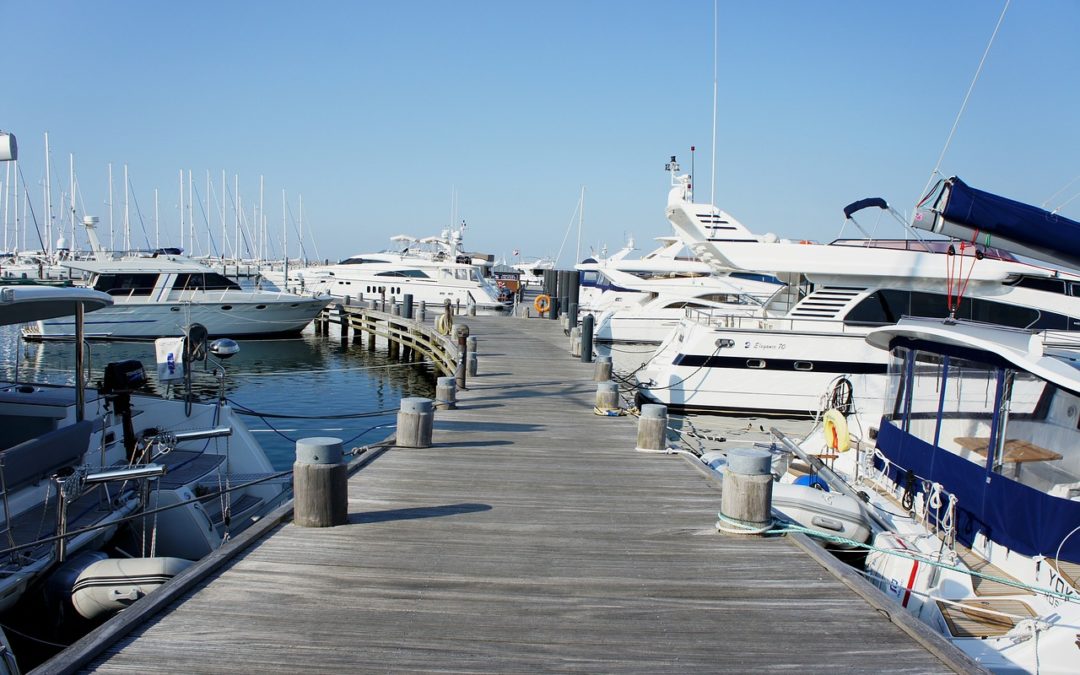The look of a boat’s hull may excite you and the idea of docking your very own boat may give you chills, or perhaps you’ve just been toying with the idea of purchasing a powerboat. This can be the next exciting venture in your aquatic life, but where do you begin?
The Beginning
Anything worth owning or experiencing is worth the time and research. Doing your homework will be the difference between settling and getting exactly what you want. Purchasing a boat is a lengthy process and requires a bit of patience.
If your state has specific requirements for operating a boat, you’re going to need a boating license before you purchase one. Boating safety and education certification may differ from a boating license, depending on where you live.
Aquatic Activities
The first step in deciding not only what type of boat you want but which one will fit all your needs is knowing what you want to purchase the craft for. Are you interested in inshore powerboat racing or offshore powerboat racing? Though these two activities require powerboats of some sort, some boats are manufactured with specific activities in mind.
The Budget
Once you’ve decided what you’ll use the boat for, determine how much money you want to spend upfront and for any upgrades or necessary fixes. Things to consider when setting a boat budget include brand-new factory benefits, warranties, used boats, wear and tear, and upkeep.
Newer boats can cost an average of $80,000, while used boats average around $30,000. New or used boats can cost more or less, depending on the seller, location, and possibly repairs.
The Shopping Process
The shopping process may feel like the beginning of a very lengthy ordeal, and that’s because it is. Before leaving your home to go check out a boat, boat owners recommend looking into manufacturers’ websites, dealerships, online reviews, forums, and boat owners, as useful tools.
Aside from comparing boats, it’s important to also compare any boat dealers you may purchase from. The quality, location, and reputation of both the boat and dealer will be other factors in your decision.
Narrowing Your Choices
With so many powerboats to choose from, try narrowing your choices down to one, maybe two. An inspection of the boat is going to be vital to meeting your needs. The boat’s engine, propeller, bilge, steering system, electrical systems, and fuel tank will matter to the sport you’ll be using it for. Keep in mind, many powerboat competitions require specifics before you can participate. This is another thing to spend some time researching before your purchase.
Sealing the Deal
If your technical boating skills make you feel less than confident, consider hiring a marine surveyor to help you learn about the craft you’ve chosen. Before handing over a check, take your new toy for a test spin and make sure that its features match what you’ve been looking for. Also make sure the dealer or seller has openly mentioned any extra fees, accessories, delivery process, or upkeep upfront.
Other Things to Consider
Registering your boat is part of owning one, and depending on where you live, your state will have specific boat registration requirements. Your vessel is also going to need insurance. The cost of insurance will vary greatly on its age, length, value, power, condition, location, and ownership to name a few.
Having a safe place to store your boat is as important as everything else about owning one. Seasons, length, and gear are all things to consider when deciding where to keep your boat, especially during the winter months. Your options will include in-water, dry outdoor, or dry indoor storage. Costs can range upwards of $200 per foot.
If you don’t live in a lake house, you may have to trailer or tow your boat around. Make sure the weight of your boat and trailer package is comparable with the towing capacity of your vehicle. All these extras are going to cost extra unless you purchase from an independent seller who’s including a trailer and gear with the powerboat.
Ready for Racing
You’ve made your choices and your boat is ready to hit the waters. With any powerboat or sport, safety should be your biggest concern, followed by being prepared not only for a race but for the unexpected.
Being on the water comes with many benefits, and educating yourself on your craft’s uniqueness will prove to be one of the most beneficial steps you will take while riding the waves.

